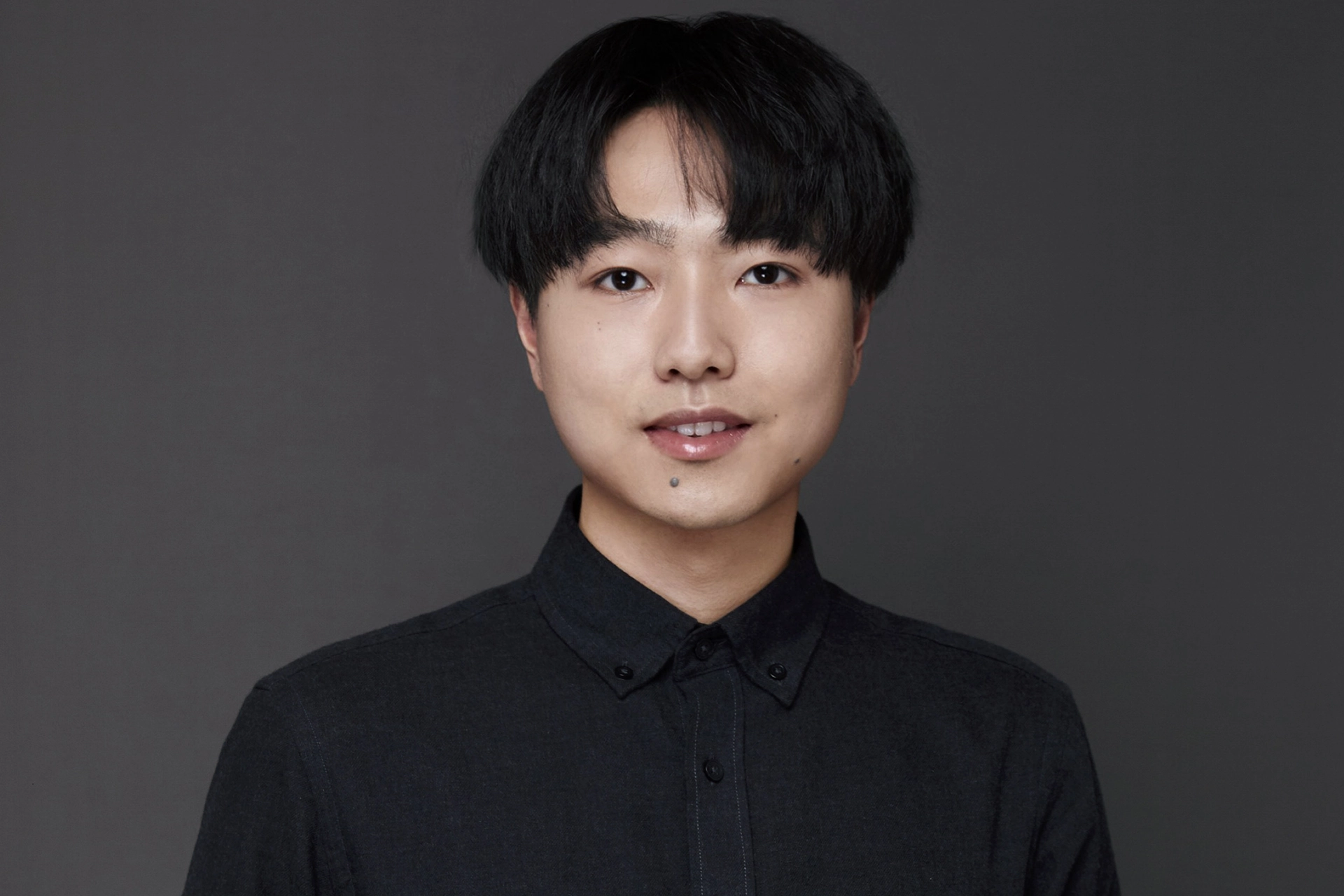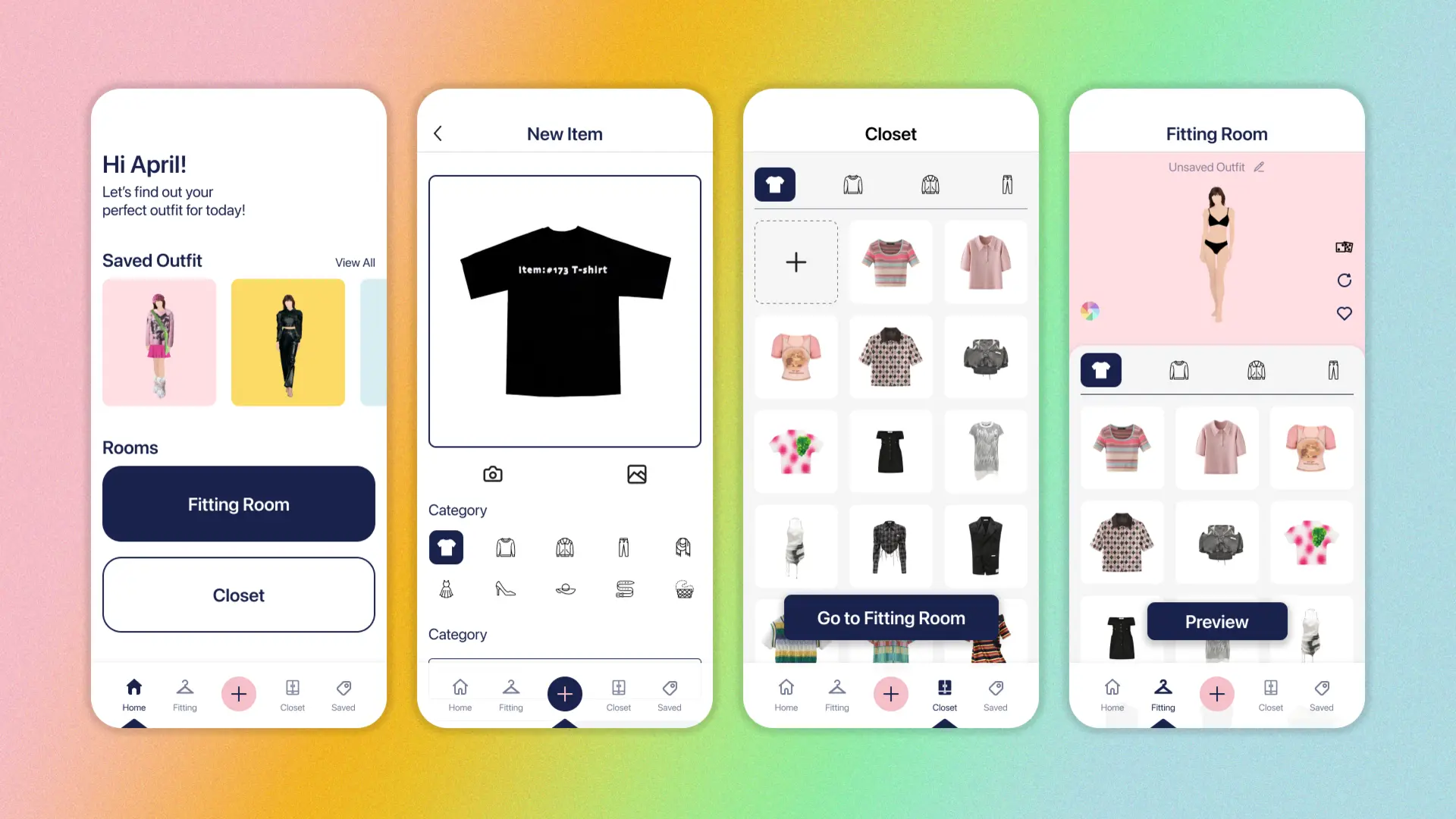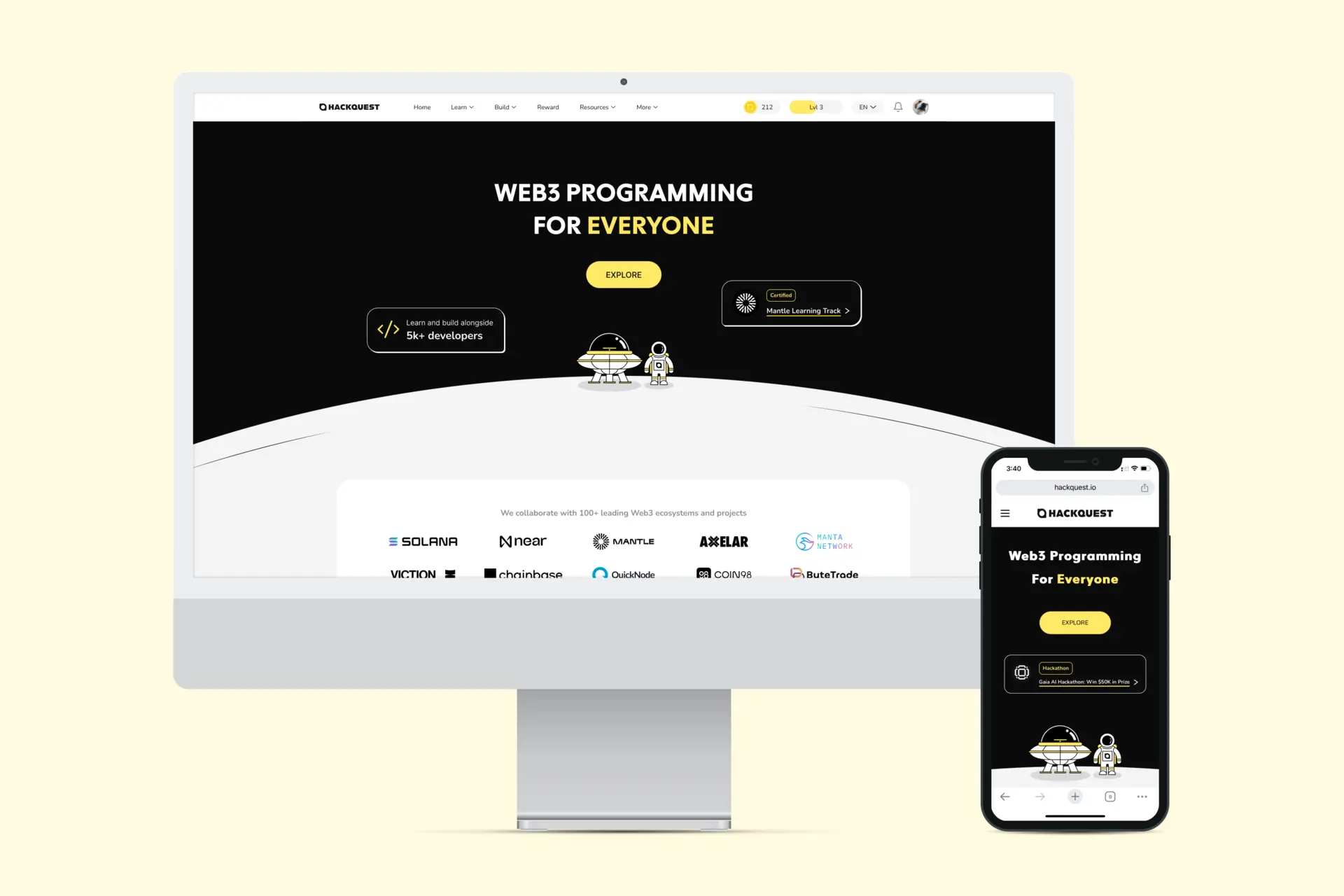Interview with Ningyuan Deng | A UX Designer with AKQA Creating Impactful User-Centered Products

Interview with Zhong Zicheng for SNUG SOCKS
November 26, 2024
Interview with Rodrigo Izquierdo | Discovering Joy & Fulfillment of Photography
November 27, 2024Ningyuan Deng
Ningyuan Deng, a UX designer at AKQA in New York, believes empathy is essential to creating impactful, user-centered products by understanding user needs and pain points. Combining empathy with strong communication and problem-solving skills, Deng ensures that design solutions align with both user experiences and business objectives.
My main role is as a UX designer, and I believe empathy is the most essential trait for success in this field. Understanding users—their needs, behaviors, and pain points—is the only way to design meaningful and impactful products. Beyond empathy, strong communication skills are crucial. A UX designer must be able to articulate ideas clearly to both stakeholders and team members.
Authenticity in problem-solving and the ability to present and defend design choices confidently are also key to thriving in this role and ensuring designs are both user-centered and aligned with business goals.
My design work starts with identifying the core problem. Before diving into design, I invest time in thoroughly defining the issue through research, competitive analysis, and user discovery. Only once I have a deep understanding of the problem do I begin the design phase.
During ideation, I prefer to start with sketches rather than digital tools. I find that a pen and paper capture my thoughts faster and more freely than a mouse. My sketches might not be polished, but they’re my most effective tool for visualizing ideas in their raw form.
Once the concepts are clear, I move to digital tools like Figma or Illustrator to create high-fidelity designs. Throughout this process, I continuously conduct usability tests to refine and iterate on the design as the project evolves.
Thank you so much! Winning the NYX Awards is truly an honor and means a great deal to both me and my team. This recognition not only validates the hard work and creativity we’ve poured into our projects but also serves as a strong motivation to continue pushing boundaries. It encourages me to keep exploring new ideas and perfecting our craft, knowing that our efforts are making an impact.
For my team, this award represents a shared achievement, as every person involved contributed to the success of our vision. It’s a milestone that drives us to aim higher and continue delivering innovative, user-centered designs.
For OutfitAR, the biggest challenge is automating the generation of 3D models from clothing images. Currently, I create these models manually using tools like Marvelous Designer and Blender, but I believe advances in 3D scanning technology will soon make automatic generation possible. Once that happens, this concept could seamlessly integrate into everyday life.
For HackQuest: Web3 Programming For Everyone, the challenge lies in optimizing the user experience for three distinct user types—learners, educators, and admins—who can interchangeably assume these roles. Since it's a Web3 platform with UGC features, we invested heavily in user research to streamline workflows and design multiple entry points. We tailored different user flows and functionalities while maintaining a cohesive design system throughout.
Living in New York has been incredibly stimulating for me as a designer. This city’s international, diverse population allows me to constantly exchange ideas with people from all walks of life, offering a wealth of perspectives. New York’s energy is infectious—whether it’s the creativity of Broadway, the insights from exhibitions and museums, or the everyday hustle and bustle.
The city’s openness and the rich mix of cultures, along with its complexities like identity, politics, gender, race, and frequent social movements, all spark new ideas for me. The diversity and tension here push me to constantly identify problems and design solutions.
One of the most exciting trends in marketing, media, and communications is the integration of AR and VR into brand experiences. As someone passionate about these technologies, I’m thrilled to see how immersive, interactive experiences are transforming the way consumers engage with brands.
Whether it’s trying on virtual clothes, as in my OutfitAR project, or creating interactive storytelling in advertising, AR and VR are reshaping user interaction.
Creativity and Innovation: The constant evolution in how we engage audiences is exciting. Technologies like AR and VR, which I’m passionate about, are creating new ways to tell stories and interact with users. The possibilities are endless, and the industry keeps pushing boundaries.
User-Centered Experiences: I love how these industries are increasingly focused on creating tailored, immersive experiences for users. Whether it’s through personalized content or interactive media, the emphasis on understanding the audience resonates deeply with my approach as a UX designer.
Diversity and Connection: Marketing and media have the unique ability to connect with people from all walks of life. Working in such a global, diverse field gives me endless inspiration and the opportunity to learn from different perspectives and cultures.
Immersive and Interactive Experiences: AR and VR will become mainstream, offering users immersive brand experiences that go far beyond traditional media. These technologies will allow users to interact with products virtually, try things before they buy, and experience storytelling in new ways.
AI and Personalization: Artificial intelligence will drive even greater personalization in marketing and media. Brands will be able to create highly targeted, real-time content that adapts to individual user preferences. This will make communications more meaningful, relevant, and efficient.
Sustainability and Ethics: As consumers become more conscious of environmental and ethical issues, the industry will shift towards sustainable practices. Transparency and responsibility will be key, and companies will need to communicate their values authentically to build trust with their audiences.
Ningyuan Deng
Ningyuan Deng, a UX designer at AKQA in New York, believes empathy is essential to creating impactful, user-centered products by understanding user needs and pain points. Combining empathy with strong communication and problem-solving skills, Deng ensures that design solutions align with both user experiences and business objectives.
Read more about the interview with Colm MacGowan | The Owner & Founder of 80/20 Digital with 14 Years of Outstanding Reputation here.



